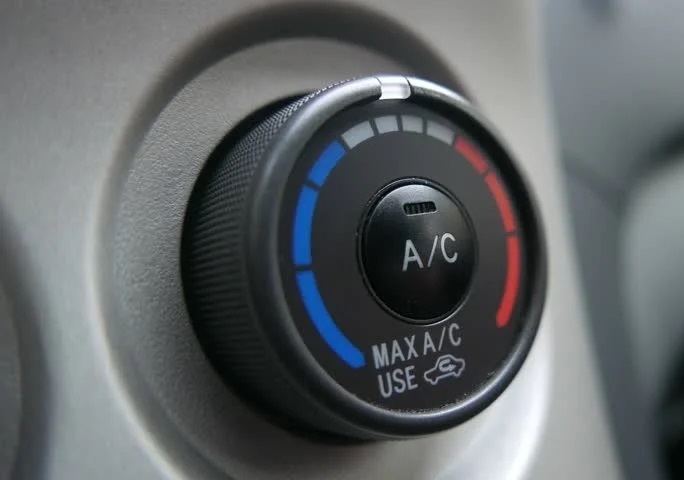The events of 2020, with the COVID-19 pandemic, impacted major industries, and the automotive industry was not spared. During these unprecedented times, employees were laid off, some moved away from the city, and remote work was the new norm, causing a reduction in the time spent driving. However, five trends in the automotive industry for 2021 have caused a revolution that has seen efficient transportation, advanced vehicle management, and superior driving experience. Round Trip Tyres reviews these 5 trends below.
Electrification
For a long time, the automotive industry has been pushing to reduce carbon emissions to tackle climate change. Thanks to the trends in the automotive industry for 2021, many electric models are being introduced in the market. Due to the global push, competitive comfort edge, and government incentives, EV sales are increasing by up to 50% in sales in huge markets like China.
For people to adopt them, electric vehicles need to counter issues like poor battery, fleet electrification, high price, and inadequate charging grids.
Autonomous vehicles (AV)
The Internet of Things quickly led the globe to autonomous vehicles that were once viewed as the future of the automotive industry. Autonomous vehicles aim at transforming daily transportation by reducing the need for humans to drive themselves. Autonomous vehicles increase safety by reducing road accidents resulting from negligence, drunk driving, and fatigue. They are equipped with the latest recognition technology like artificial intelligence for enhanced computer vision.
After the long wait, 2021 will see a fleet of L3 autonomy vehicles being deployed in the market by many brands like Xpeng, Ford, Toyota, Honda, GM, and Daimler. L4 and L5, although they are still years away from development, experts believe that they can operate fully without human intervention.
Connectivity
The latest vehicles in 2021 come with sophisticated technology and tamper-proof digital features that make it possible to differentiate them from others in the market. Vehicle connectivity has been a defining trend in the automotive industry for years. With 4G capabilities and underway 5G connectivity, V2G and V2V communication are essential for autonomous vehicles.
Another reason why connectivity is revolutionary in the automotive industry is its ability to enable OTA (Over-the-Air-Updates), vital in digital mobility’s future. Vehicle connectivity affects how technical updates are received for increased autonomy and Advanced Driver Assistance Systems (ADAS). However, the focus is shifting to an infotainment system for the modern car, equipped with functionalities that supersede the entertainment realm. Some of the high-end infotainment integration system functions include:
- Temperature control
- User Interface display
- Bluetooth connectivity
- Media player
- Event management
Human-Machine Interface
As technological advancements continue to allow for more connectivity and autonomous vehicles, there will be a transformation in how human beings interact with automotive vehicles. The human-machine interface has increased the scope of user controls to operate vehicles by enabling haptic or voice-controlled feedback. Ultimately, it has evolved the driving experience into a much safer and enjoyable one. Some of the Human-machine interface features include;
- Smart virtual assistants; for easy interaction with the vehicle and their service providers.
- Contactless screens; enabled with gesture and voice control.
- Wireless charging and hotspot.
Additionally, to improve vehicle-human interaction, many companies continue to experiment with Mixed Reality (MR) and Augmented Reality (AR) solutions to enhance driving comfort and safety. Some of these include health tracking systems, interactive driver monitoring, and windshield projection of safety and navigation information.
Blockchain
Blockchain is one of the trends in the automotive industries that has been embraced, especially with the switch to online payments due to the COVID-19 pandemic. However, blockchain can be applied in many areas of the automotive industry.
Apart from making secure payments online, blockchain allows users to share data concerning vehicles over a secure connection. It also enables safe connectivity for shared mobility in areas like urban transportation, deliveries, and ride-hailing. You can apply this trend in supply chain verification to ensure spare parts and raw materials coming in are from trustworthy and legal sources.
The strict codes on blockchain technology can eliminate the possibility of hacking and malicious attacks on connected and autonomous vehicles. The hardware gathers data on the emissions and mobility of these vehicles.
Bottom Line
Technology is revolutionizing the automotive industry for the better by reducing the carbon footprint caused by emissions. More models are electrifying their vehicles and making them autonomous to eliminate the need for drivers. It is also enhancing the safety of the driver and passengers through a contactless and wireless human-machine interface. The connectivity of vehicles is making the driver experience more enjoyable with 5G, V2V, and V2G communication. The use of blockchain has also enhanced security in the verification of supplies and making secure online payments.


